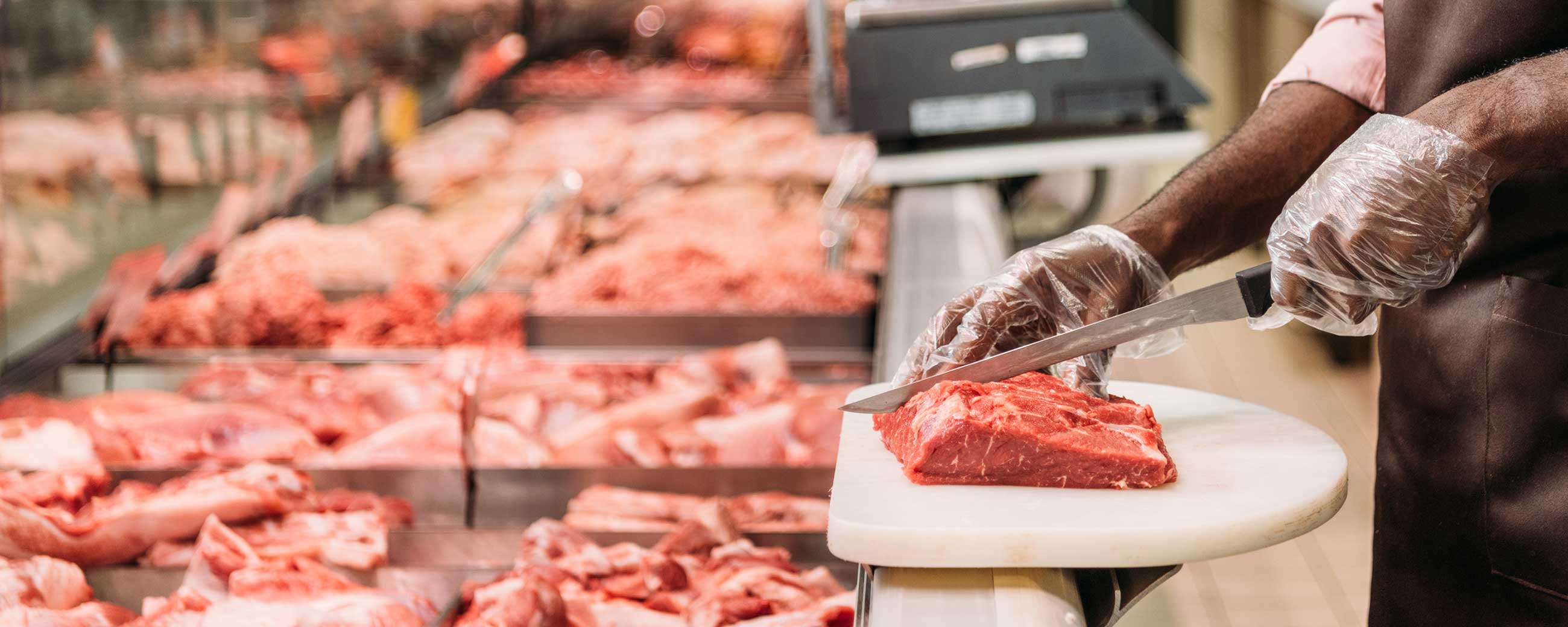
Does Eating Red Meat Cause Cancer?

Ask Theresa is an advice column by Theresa Link. A Virta Health Coach since 2015 and a loyal follower of the ketogenic lifestyle, Theresa is a Registered Dietitian who is an expert in living a metabolically-healthy life.
This week, Theresa takes on one of the most confusing health headlines out there: does red meat really cause cancer—or are we just falling for clickbait?
From scary stats to the truth behind that 2015 “probable carcinogen” label, Theresa cuts through the noise and explains what the science actually says. Plus, you’ll hear why your overall metabolic health matters far more than whether or not you eat steak.
So before you second-guess your next burger, get the full story here.
Does Red Meat Really Cause Cancer? What You’re Not Hearing in the Headlines
Theresa,
Every few months I see another headline saying red meat is basically going to kill me. And now it’s cancer. I love my burgers and steak, and honestly, they’ve been a big part of staying low carb with Virta. But after hearing the c-word I’m second-guessing every bite?
So… does red meat really cause cancer, or are we just getting scared by clickbait? What’s the real story here?
— A Confused Meat Lover
Theresa:
Every other week there’s some new headline about red meat: one day it’s causing cancer, dementia, and diabetes… the next day it’s supposedly protecting you from all of those things. So which is it? What do you actually believe?
The truth is, following the science isn't always simple—especially when the science itself can get spun into scary headlines. That’s why in this post, I’m cutting through the noise and giving you the straight scoop.
Let’s dive in!
Where the red meat scare came from
Is red meat killing us—or are we just bad at interpreting data? Spoiler alert: we’re usually bad at interpreting data.
In 2015, the International Agency for Research on Cancer classified red meat as a “probable carcinogen.” A study that supported this claim has started to make the rounds again, freaking people out, and for good reason. Nobody wants to mess with cancer. But here’s the challenge: they relied on asking participants what they ate in the past, and how often. (I can’t remember why I walked into the kitchen, let alone what I ate years ago).
Researchers followed up with these participants and noted which ones developed cancer, in this case, colorectal cancer. They concluded that high red meat intake may raise lifetime colorectal cancer risk by about 8 extra cases per 1,000 people.
What the heck does that mean? What this statistic means is that even if you eat a lot of red meat, the actual increase in risk is pretty small. Out of 1,000 people, about 8 more might develop colorectal cancer compared to people who don’t eat as much red meat. That’s a bump in risk, but it’s nowhere near what some scary headlines make it sound like.
What really drives cancer risk
Poor metabolic health, central obesity, diabetes, and inactivity are much bigger drivers of cancer risk than red meat alone. It’s also important to distinguish between processed and unprocessed meat: deli meats, hot dogs, and sausages are linked to higher risk, while plain steak or ground beef are not in the same category. Anecdotally, risk doesn’t come from meat in isolation—it compounds with ultra-processed foods, excess sugar, and a sedentary lifestyle. In other words, it’s rarely just about the meat. Think about it: a lot of folks eating a “standard American diet” consume a lot of red meat and tend to pair it with bread, sugar, and unhealthy fats like soybean oil. Don’t blame the burger for what the bun did.
Should I give up red meat… or not?
Not.
What’s really worth cutting back on are the cookies, muffins, sugary drinks, bread, pasta, potatoes, and especially fried foods made with soybean or vegetable oil—which, let’s be honest, is pretty much everything deep-fried at a restaurant. If you pair red meat with non-starchy veggies, fruits like berries, and healthy fats like avocado, olive oil, and butter, you reap all the nutritional benefits of foods like beef and pork (without the health drawbacks you get when you pair them with high carb foods and sugar).
Bottom line
The red meat scare is mostly headline hype. Unprocessed red meat, paired with veggies and healthy fats, is healthy, delicious, and sustainable —while the real culprits to cut back on to improve your health are sweets, refined carbs, and fried foods.
This blog is intended for informational purposes only and is not meant to be a substitute for professional medical advice, diagnosis, or treatment. Always seek the advice of your physician or other qualified health provider with any questions you may have regarding a medical condition or any advice relating to your health. View full disclaimer
Are you living with type 2 diabetes, prediabetes, or unwanted weight?









